Albert Camus: The Madness of Sincerity

Like most, my introduction to Albert Camus many years back was via the translated ‘L’Étranger‘ (The Stranger/The Outsider.1942). At that time, and probably more so on re-reads, it became less a parable of the absurd and the existential, and more of a beautiful, fully realized, hallucinatory depiction of living in that heat soaked, summer crazed place. ‘Meursault’, the anarchistic anti-hero, had and still has huge appeal, and is afflicted by what Camus called ‘the madness of sincerity’, a character distinguished by never wanting to say more than he feels. Camus remains one of the most influential writers of the last century, yet the man himself was somewhat of an enigma. In trying to put together the Camus puzzle in 1997, Phares & Balises, the BBC & ARTE came together to actualize this bio-film on Camus, by way of attempting to retrace his life, work and travels. The five women in Camus’ life (who were closest to him) take us on a journey through his times and their recollections interweave through the three chapters Camus himself outlined as the signposts of his literary intentions – the Absurd, Revolt and Happiness. Read More…


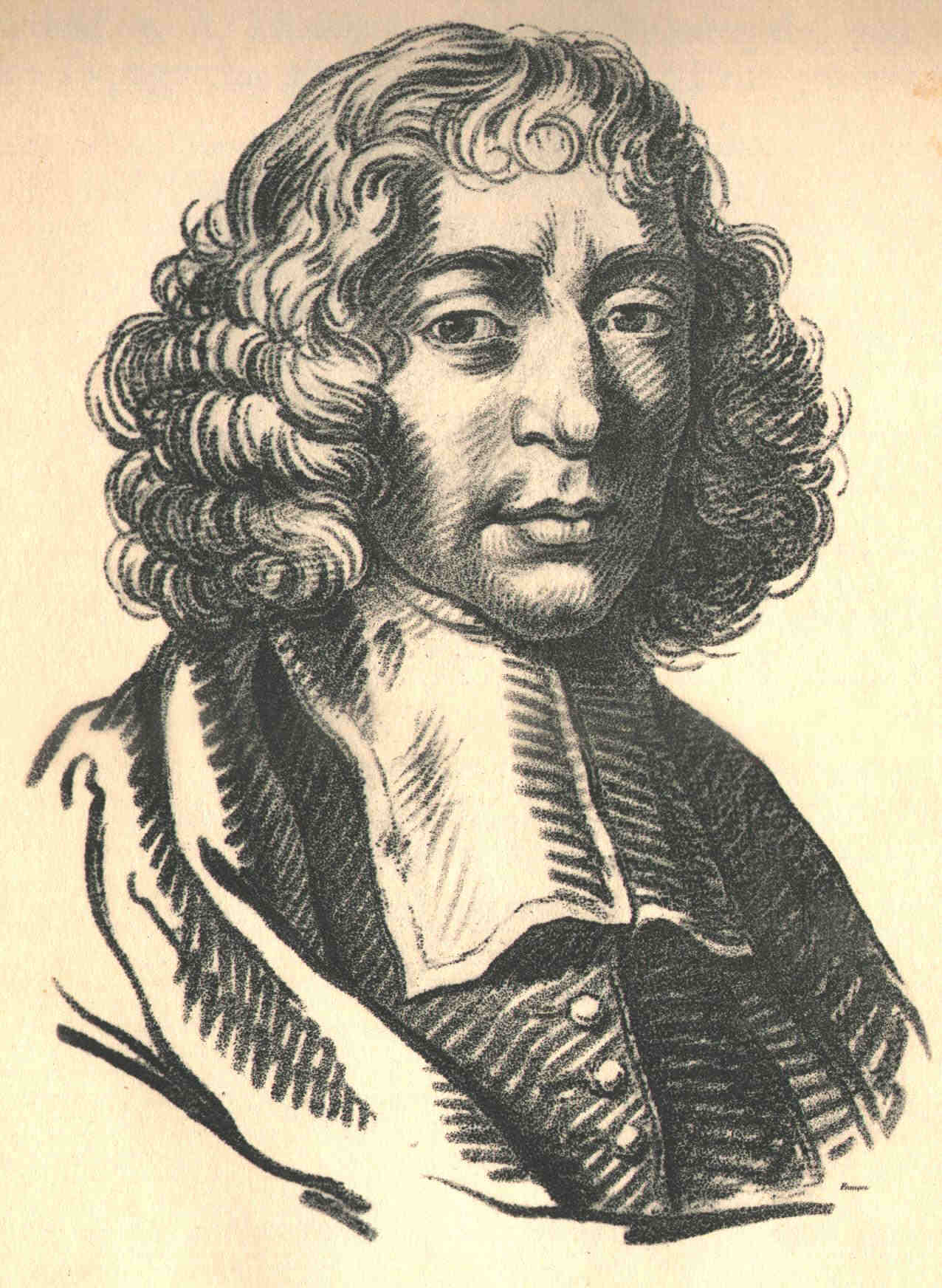
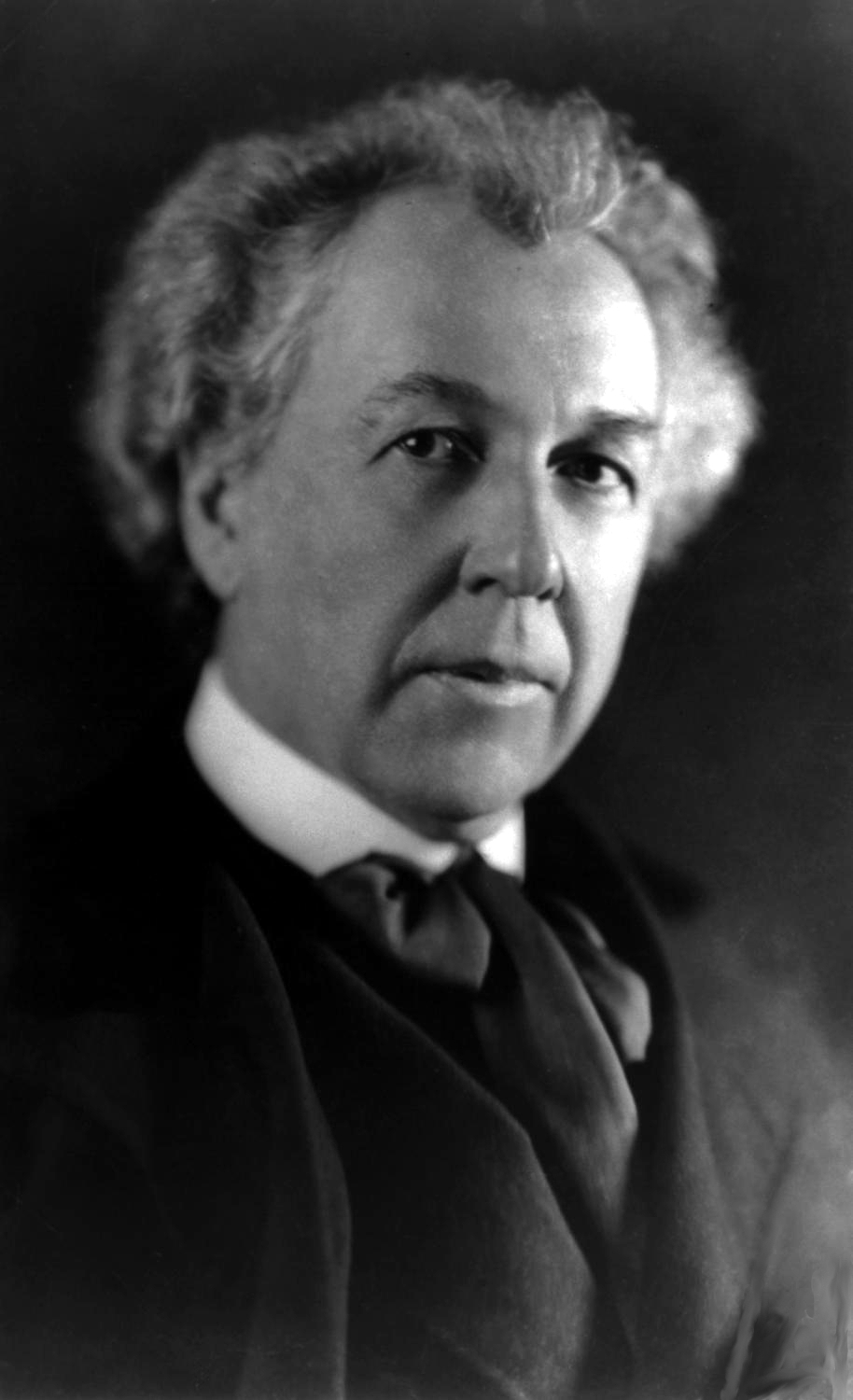
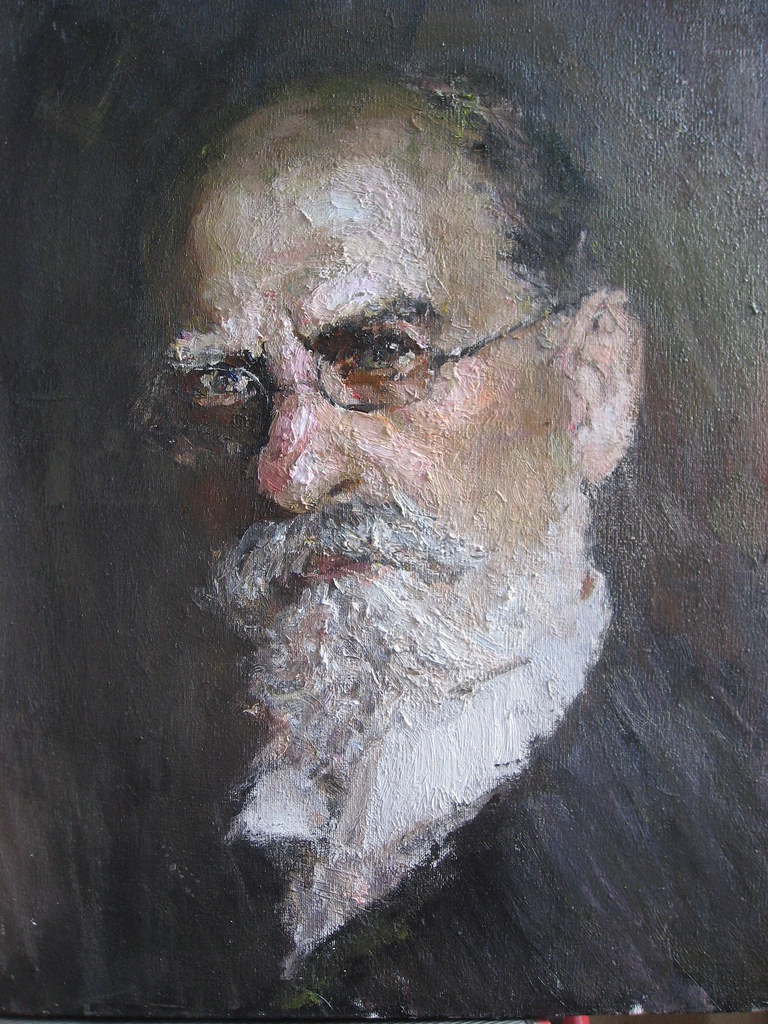
.jpg)
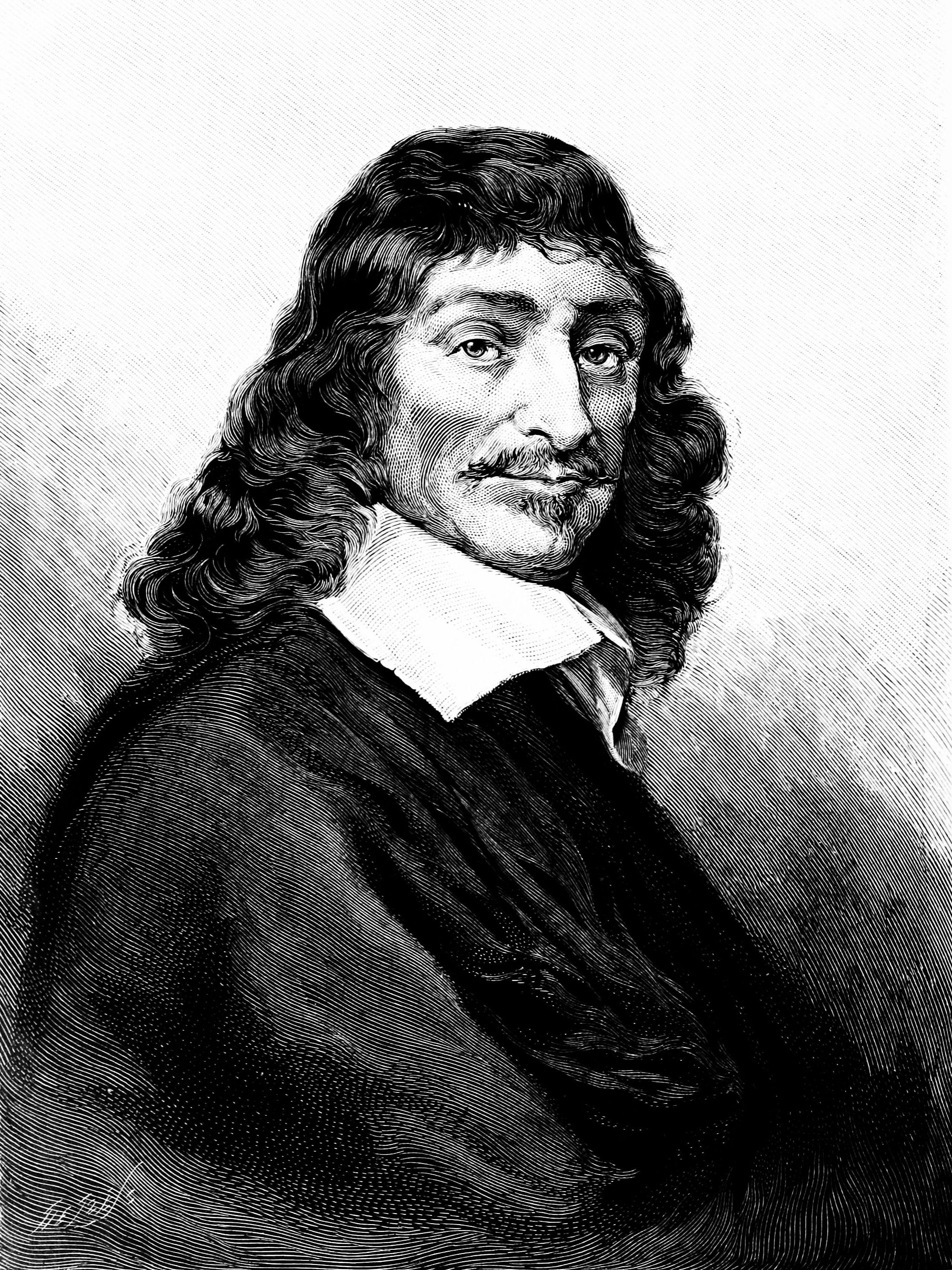
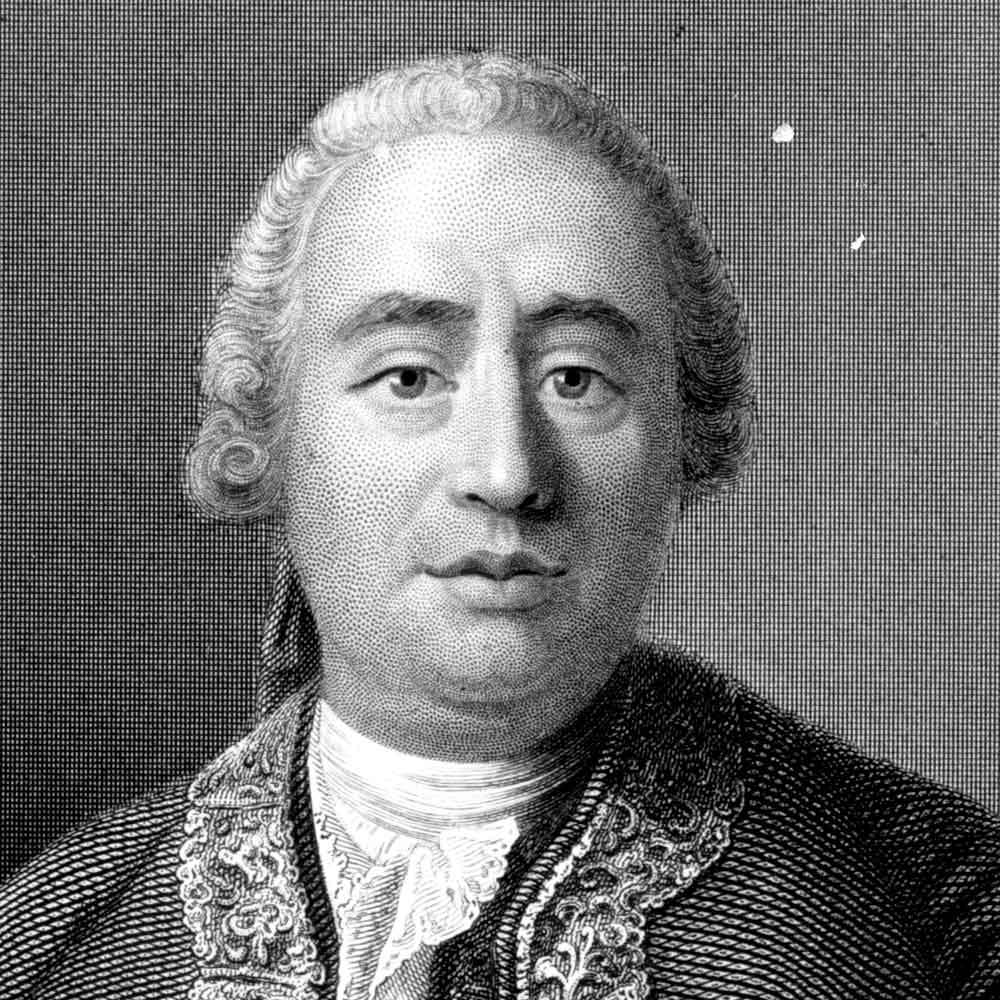


 You have inspired so many. :)
You have inspired so many. :) Hi Milindo, hope you are inspiring many more around you…wherever you are!
Hi Milindo, hope you are inspiring many more around you…wherever you are! great blog :)
great blog :) Photo gallery
Photo gallery Photo gallery
Photo gallery #NowFollowing @Milindo_Taid One of the most influential n interesting mentor from my design school. Always loaded. :)
#NowFollowing @Milindo_Taid One of the most influential n interesting mentor from my design school. Always loaded. :) Photo gallery
Photo gallery Its really good to see you Milindo, with such awesome stuff from you as usual.. loved your blog as well!
Its really good to see you Milindo, with such awesome stuff from you as usual.. loved your blog as well! Photo gallery
Photo gallery You’ll love this site by the awesome Milindo Taid
You’ll love this site by the awesome Milindo Taid Photo gallery
Photo gallery Oldest operating bookstore
Oldest operating bookstore Photo gallery
Photo gallery Photo Gallery
Photo Gallery We need more teachers like you :)
We need more teachers like you :) You’re a role model sir, such awesomeness !!! :D
You’re a role model sir, such awesomeness !!! :D Absolutely amazing blog – a chest full of treasure.
Absolutely amazing blog – a chest full of treasure. I discover TL of a writer and respected intellectual, with a tolerant, global conscience: @GhoshAmitav – tx @Milindo_Taid
I discover TL of a writer and respected intellectual, with a tolerant, global conscience: @GhoshAmitav – tx @Milindo_Taid With all the magical places you are checking off your bucket list! I want to know how to be you :)
With all the magical places you are checking off your bucket list! I want to know how to be you :) Photo gallery
Photo gallery Photo gallery
Photo gallery Milindo Taid – ace teacher, rockstar guide to my projects at film school, guitarist and photographer too. Really good human being as well
Milindo Taid – ace teacher, rockstar guide to my projects at film school, guitarist and photographer too. Really good human being as well You are awesome :)
You are awesome :) This is by far amongst the best curated creative content sites out there and the eye and vision of one man, when good, works better than any funded team. Inspired enormously once again :)
This is by far amongst the best curated creative content sites out there and the eye and vision of one man, when good, works better than any funded team. Inspired enormously once again :) Guitar in your hand reminds me of the MCRC days! You are terrific… :)
Guitar in your hand reminds me of the MCRC days! You are terrific… :) Photo gallery
Photo gallery Photo gallery
Photo gallery Photo Gallery
Photo Gallery Photo gallery
Photo gallery I was just looking at your website… amazing it is… full of knowledge as always..
I was just looking at your website… amazing it is… full of knowledge as always.. Photo gallery
Photo gallery Your courses were always the best. By the way, just went through a bit of your website. It’s great! Some good stuff in there that I wouldn’t normally chance upon
Your courses were always the best. By the way, just went through a bit of your website. It’s great! Some good stuff in there that I wouldn’t normally chance upon veryveryinterestingwebsite.have been visiting! thankyou!
veryveryinterestingwebsite.have been visiting! thankyou! Milind never told u but u were my first true inspiration….I almost learnt the guitar watching u play…..thanx for being there
Milind never told u but u were my first true inspiration….I almost learnt the guitar watching u play…..thanx for being there Just detected your blog: impressive. wishing you continued inspiration and health.
Just detected your blog: impressive. wishing you continued inspiration and health. Photo gallery
Photo gallery i really like your blog – good interesting stuff as always !
i really like your blog – good interesting stuff as always ! OMG its like a painting!! you have taken photography to another level!!!
OMG its like a painting!! you have taken photography to another level!!! You are the only faculty member I could connect to!
You are the only faculty member I could connect to! Grt milindo. eachtime want to check out something good on net…know where to go now!
Grt milindo. eachtime want to check out something good on net…know where to go now! Photo gallery
Photo gallery So glad you enjoyed my photos, really honored to be featured on your blog. thank you sir!
So glad you enjoyed my photos, really honored to be featured on your blog. thank you sir! Photo Gallery
Photo Gallery Photo gallery
Photo gallery Never thought I’d say this, but it was the most interesting classes I’ve sat in.. and of course, the day you played Sultans of Swing for us. Hope you continue to influence the next generations with your dynamic yet simple teachings.
Never thought I’d say this, but it was the most interesting classes I’ve sat in.. and of course, the day you played Sultans of Swing for us. Hope you continue to influence the next generations with your dynamic yet simple teachings. You are inimitable!
You are inimitable! hope you’re changing the world as always :)
hope you’re changing the world as always :) Photo gallery
Photo gallery Love your site Milindo. I was excited to see you displaying my husband’s watermelon carvings
Love your site Milindo. I was excited to see you displaying my husband’s watermelon carvings Your website is full of delightful posts. I’m going to have to watch where my time goes when I’m visiting! :)
Your website is full of delightful posts. I’m going to have to watch where my time goes when I’m visiting! :) Photo gallery
Photo gallery love ur pics…they are like those moments which u capture in your mind and wished u had a camera right at that moment to capture it…but u actually do capture them :) beautiful…!!!
love ur pics…they are like those moments which u capture in your mind and wished u had a camera right at that moment to capture it…but u actually do capture them :) beautiful…!!! Still a fan of your unique and sweet finger strum on acoustic guitar. It made an ordinary guitar sound great. Would just love to see and hear one of those too.
Still a fan of your unique and sweet finger strum on acoustic guitar. It made an ordinary guitar sound great. Would just love to see and hear one of those too.